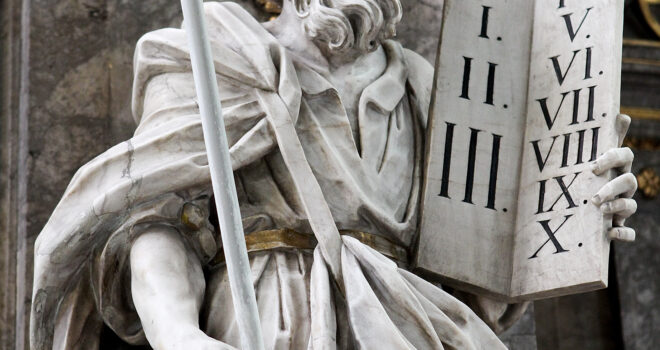The Book
I recently finished reading Father Spitzer’s third book in his “Called Out of Darkness” trilogy. The first book focused on the presence of good and evil in our lives. The second book focused on practices we can make to embrace that good and defeat evil. The third, titled The Moral Wisdom of the Catholic Church, dives into why the Church teaches what it does. And while this is the third book of a trilogy, you can read and understand it without consuming the first two.

I consider The Moral Wisdom of the Catholic Church as a companion to the Catechism of the Catholic Church. Both books lay out why the Catholic Church teaches what it does. Father Spitzer, while providing a Biblical foundation for Church teachings like the CCC, also cites studies and polls comparing those who follow those teachings vs. those who do not. He dives into secular logical and philosophical arguments that support the Church’s wisdom on topics like abortion, marriage, homosexuality, euthanasia, suicide, drug use, etc.
The Wise Church
There’s a good reason why the book has the word “wisdom” in its title. It’s not the “teachings” or “beliefs” of the Catholic Church. There is a quality to Church dogma born from reason and experience and guided by the Holy Spirit. The Church’s teachings are not arbitrary or trendy but has a timeless aspect to it. After all, God’s truth doesn’t change to fit our human tendencies. Our tendencies need to change as we learn God’s truth.
Throughout the book, Fr. Spitzer cites polls and studies that show that the Church is truly wise in her teachings as those who embrace that wisdom generally lead happier and more fulfilling lives. Note that it won’t necessarily be an easy life since true happiness requires effort and struggle to obtain. The implication Fr. Spitzer makes is that the wise person, when being presented with the data on what lifestyle produces the most good, will choose that lifestyle. Inversely, the fool will see what is good and choose the opposite.
Morality is Not Arbitrary
I thought of Fr. Spitzer’s book when I read this article on Catholic Exchange about the importance of the Ten Commandments. It makes the analogy that much like traffic laws, moral laws are not arbitrary. We ignore them at our own peril. We are seeing the consequences of that neglect producing its ugly fruit. As I’ve noted before, various polls show that people are feeling less happy and purposeful. And while we may not admit that the rapid increase in secularism may be the reason, Fr. Spitzer’s books show that abandoning Church teachings is certainly a contributing factor.

In a similar article on Crisis Magazine titled, Why Is the West in Such a Mess?, the author notes how society has adopted a creed not based on logic and reason, but by agendas and feelings. Despite what talking heads on The View may say, religion has always been the logical search for truth. But now the world has embraced an ethos that there is no truth, and hence nothing to search for. But without the personal search for truth, we are left with an existence void of any meaning or purpose. And that is why so many people feel unhappy and unfulfilled in their lives.
Why we Need the Rosary
As we enter into the month of the Rosary, let’s ask for Mary’s help in guiding the world back to the wisdom of the Catholic Church Father Spitzer wrote about. While it may seem like the world is too far gone to come back to the loving embrace of Jesus Christ, we need to remember that the Rosary is a miraculous tool. It has shown its power in the past and it can show its power once again.
